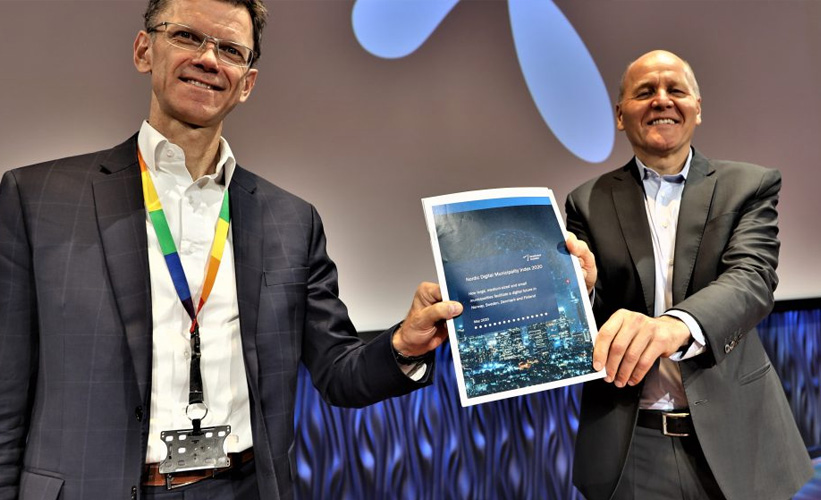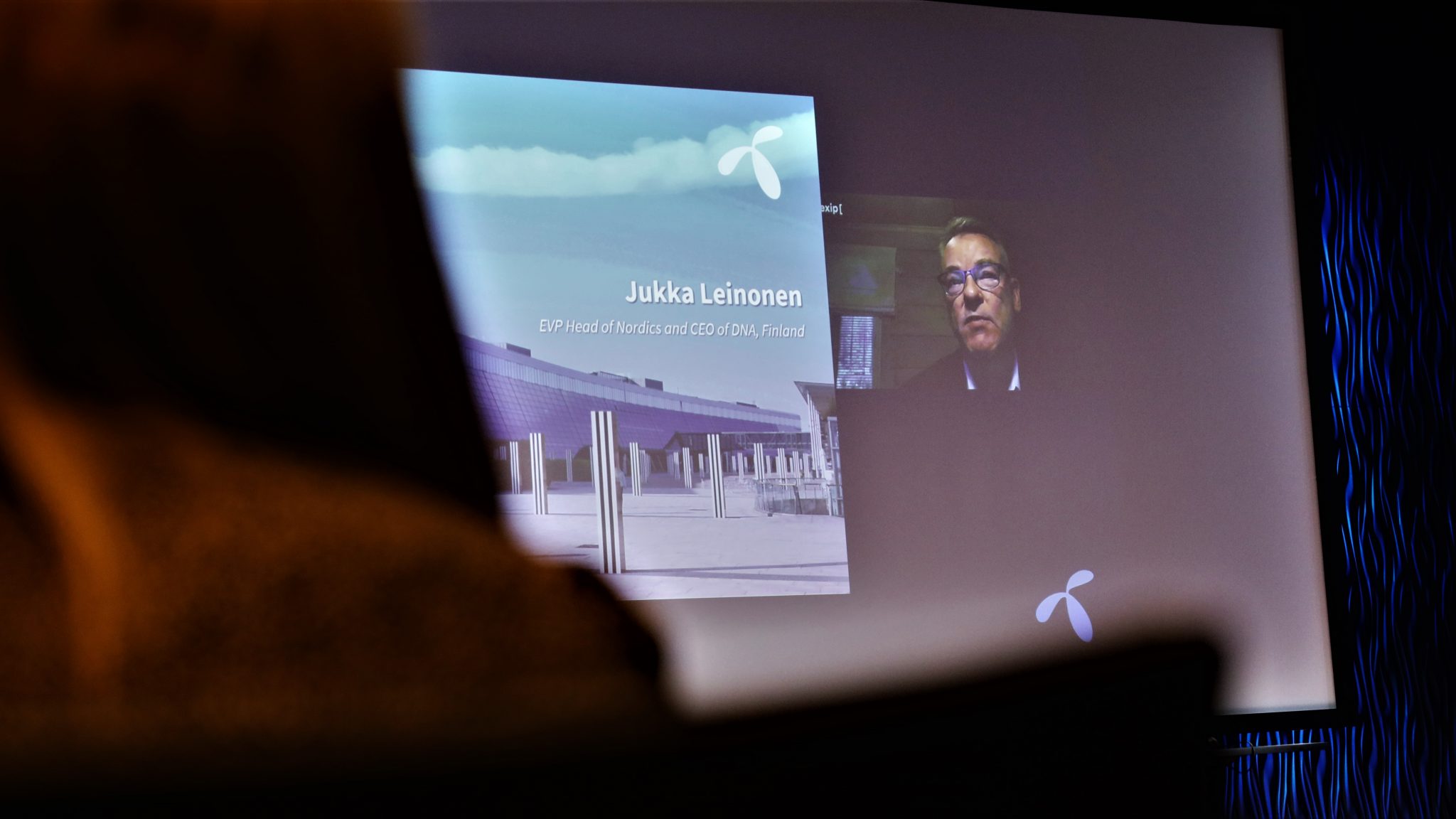Aalborg tops digitalisation index for Nordic municipalities

A new study from Telenor unveils the potential for Nordic municipalities to better facilitate a digital future.
The Nordic Digital Municipality Index 2020 has found Aalborg in Denmark to be the municipality best prepared for a digital future in the Nordic region. The study, which has mapped and analysed 60 different municipalities from Norway, Sweden, Denmark, and Finland, focused on how well they are facilitating a digital future by enabling infrastructure deployment, digital services, and smart cities.
The municipality of Aalborg scored 8.3 on a scale of 10, while Norwegian municipalities Bærum and Halden completed the podium with scores of 7.7 and 7.4 respectively.
The findings from the study also provide decision makers with important knowledge about key factors related to roll out and take up of new services in the era of 5G.
You can access the full report here
“The COVID-19 situation has clearly demonstrated the importance of a well-functioning digital society. Therefore, the findings in this study provide valuable insight into some of the requirements necessary for municipalities to prepare for an effective and timely roll out of 5G services,” says Jukka Leinonen, EVP and Head of the Nordic Cluster at Telenor Group.

You can watch the full event here
Key findings from the survey include:
national programs are effective tools to improve broad digitalisation among all sizes of municipalities;
the highest-scoring smaller municipalities are situated in a greater capital area and benefit from regional initiatives spinning out of the capital city;
large municipalities tend to have more cumbersome processes of placing sites on municipal property in combination with a more time-consuming application approval process;
high-scoring municipalities have come a long way in communicating operational services in the health and welfare sector;
in general, size seems to have an impact on facilitation ability. Large municipalities score on average 6.6, while medium-sized and small municipalities score 5.0 and 4.3 respectively on average.
Globally, the Nordic countries are among the most digitalised nations in the world. The Digital Economy and Society Index 2020 (DESI) from the European Commission ranks Finland, Sweden, Norway, and Denmark as the top four countries in terms of digitalisation in Europe.
“The survey also presents services and opportunities already available to our customers at a municipal level. This represents a valuable opportunity for businesses, governments, and communities to learn from each other across the Nordic countries,” says Leinonen.
About the Nordic Digital Municipality Index 2020
The study consists of findings from 15 municipalities from each nation, including five large, five medium sized, and five small municipalities. 27 different parameters were used to measure three key areas of digitalisation: mobile network placement, communication about digital services, and phase of smart city development. The 2020 index, which is conducted by Analysys Mason, is the fourth edition of this type commissioned by Telenor Group (the index was previously named the Nordic Broadband City Index.
Contact
Stian Kristoffer Sande
Communication Manager
Telenor Group